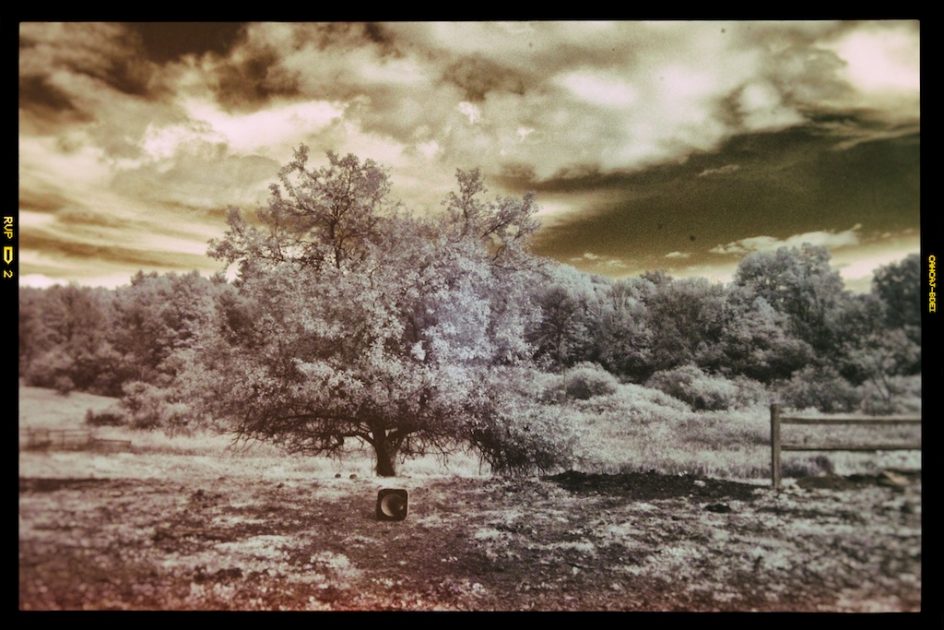
I’ve had a therapy dog on and off for six or seven years, we did hospice work and now, we visit veterans from our two continuing wars, elderly people in assisted care, dementia patients in special homes and facilities. I am forever impressed by the warmth and dedication of the nurses and staff, forever disheartened at the way our culture has failed the elderly and those on the edge of life.
Usually, in my therapy work with Red, we come to visit the elderly. Tomorrow, they are coming to us.
You don’t need to spend a lot of time with the elderly or people with terminal illnesses to see two things right away: our idea of medicine and health care profoundly fails the people it is supposed to help. And we have isolated them from our world.
Says Atwal Gawande of the Harvard School Of Public Health in his powerful book Being Mortal, “the waning days of our lives are given over to treatments that addle our brains and sap our bodies for a sliver’s chance of benefit.”
I love doing therapy work with Red, but I hope to see it clearly, for the people I visit, for me. It rewarding but also difficult work.
Every time I visit the elderly, I see them suffering from pills that disorient them, endless procedures that cripple and drain them. Their days are spent in institutions – nursing homes and rehab and hospice and intensive care units – where they are utterly isolated from everything they know and love, living anonymous, hidden and regimented lives, cared for by dedicated but overwhelmed and over-worked people.
The elderly are lonely. They are grateful for any crumb from the outside world that deigns to come inside. They often seem resigned to me, uncomplaining and without much hope. The mere presence of a dog reduces even the strongest person to a kind of desperate gratitude, so eager are they to touch something alive and warm, and remember a morsel of their former lives.
I still see and feel much love, for the friends they make, the families they miss, the partners they have lost, the lives they lived, the pets they owned.
I come to know and love many of them, they are so accepting and grateful for five minutes of my life, for any question I ask and answer, for any news of a real life. It is almost surreal, it is so easy to please them. You do good just by appearing. They remind me that I am getting older, but I am not yet old, being elderly is something apart from what I feel and have experienced.
Tomorrow, a dozen or more people from am assisted care facility Red and I now visit regularly are coming to the farm to see the donkeys and pony, to watch Red work, and then to sit out on our lawn and have lunch with us. They are bringing their own chairs and box lunch, an outing at Bedlam Farm, hopefully the first of many.
This afternoon, I went out and mowed the back yard so they can sit and watch the dogs herd the sheep and have lunch with us. I scanned the yard for dog waste, smoothed out the bumps and filled the holes. Most of our visitors can walk, but not far. I am happy they are coming, I hope they can get into the pasture and touch the donkeys, Lulu and Fanny are such powerful healers. Most of them already know Red, I will be vigilant to make sure Fate doesn’t jump on anybody, I imagine they will love to see her run.
I do this for myself, of course, as much as for them. I am fortunate to live a life they care to see, many of them are farmers who could no longer stay on their farms. This facility is not for the rich, it is a comfortable and clean but simple place, a Medicare and Medicaid place.
I have talked to almost all of them on my visits to their facility, I see that they are often cut off by the very nature of our systems from almost all of the things that matter to us in life – friends, family, familiarity, animals.
The things that comfort most of us are beyond their need. Our world has conspired to hide them away and out of sight, so we don’t have to worry about them. They die in hospitals and nursing homes, not their homes. We never see them die, nor are they ever mentioned by our journalists or politicians.
We refuse to honestly examine and consider the true experience of aging and dying and so, we have, says Dr. Gawande, increased the harm we inflict on people and denied them the most basic and elemental rights and comforts of a human being. We have left them to their fates, their lives utterly controlled by bureaucrats, the vast and chaotic medical system, lawyers, politicians, technology and strangers.
Perhaps we can break that chain for a few hours.
So tomorrow, we are excited to break bread with this group of people, they are coming to us. I hope they enjoy their time here, I hope it brings back positive memories of their own, I hope they come often. I hope we bring them comfort.
